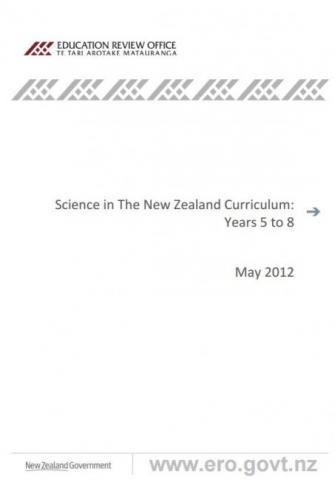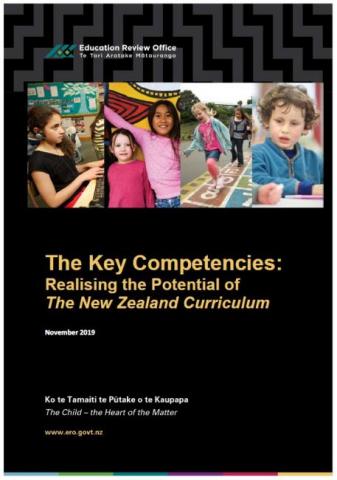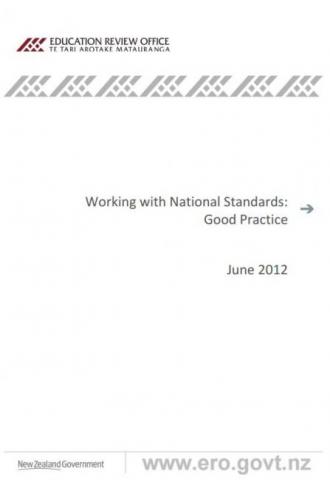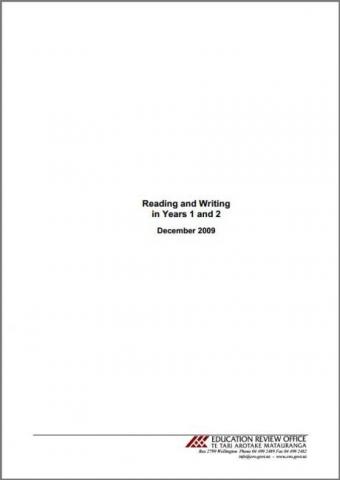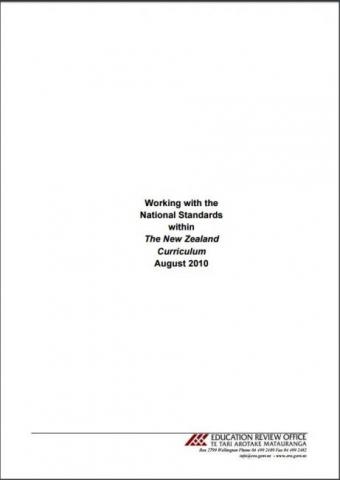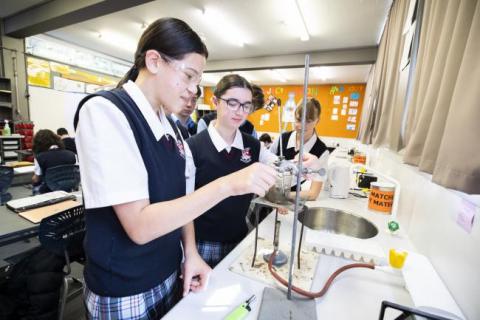Promoting wellbeing through sexuality education
Published: 12 Sep 2018
This report provides findings from ERO's evaluation of how well schools were promoting and supporting student wellbeing through sexuality education.
It includes high-level findings, examples of good practice and recommendations for schools and policy audiences. It is accompanied by a series of short publications for whānau, students, and trustees.
Brochures aimed at students, whānau and Boards of Trustees are also available.
- Audience:
- Parents
- Schools
- Content type:
- Research
- Topics:
- Wellbeing
- Sexuality
- Health and Physical Education
- Curriculum
- Stewardship
- Leadership
- Capability
- Evaluation
- Lesbian Gay Bisexual Transgender (LGBT)





